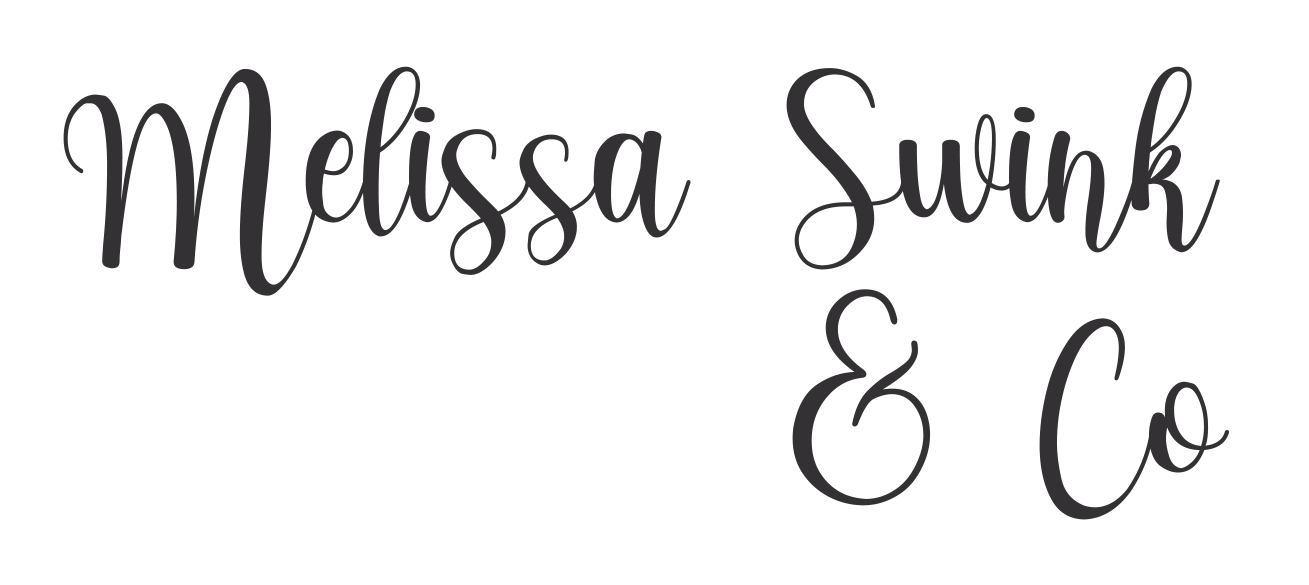What Happened to My Business When I Took 11 Days Off?
IN A HURRY? HERE’S THE BOTTOM LINE
I recently took 11 days off of work, to close out the summer with a fun vacation. Even though I experienced two minor work-related interruptions while I was gone, my team was able to handle nearly 100% of my business in my absence. To get to this point, I recommend building a trustworthy team, implementing systems, processes, and automations, working ahead, communicating clearly, and doing a trial run to make sure your team can handle things without you.
GOT A MINUTE? HERE ARE THE DETAILS TO CONSIDER
It’s well-documented that vacations are good for our physical and mental well-being. According to the Harvard Business Review, “if stress hormones stay chronically elevated due to lack of rest and recovery time that comes as a result of putting off or forgoing vacation, you will be more susceptible to not only colds or the flu, but also vulnerable longer term to more serious illnesses like heart disease or cancer.”
But let’s be honest… taking time away from work feels more palatable when we have an employer paying us for those days off. It’s quite another story when we’re self-employed and have a family to support!
Scaling your business beyond your own capacity is a whole separate topic, and having a reliable team to outsource to makes a big difference in your ability to unplug. But even in a business that’s as well-oiled as mine, things do pop up!
At the end of August, I took off 11 days to celebrate the end of summer and the beginning of third grade for my daughter. We visited my cousin and her family out of state, and we had a wonderful time!
What went wrong while I was gone?
To be fully transparent, I experienced two work-related interruptions during my vacation:
A client called to discuss additional tasks their organization was interested in outsourcing to our team. I forwarded her voicemail to one of my Senior VAs, and she was able to respond on my behalf.
A client called because her VA mistakenly set up 2-factor authentication on her CRM and she was unable to get into the system. I immediately texted her VA to turn off this setting and notified my Senior VAs of the situation. It took about an hour to get this resolved for the client, and it was a good learning experience for our team. Because we focus on processes, we updated our internal team documents to outline the protocols for setting up 2-factor authentication on clients’ systems to avoid issues like this in the future.
In the grand scheme of my business and vacation, these were pretty minor interruptions! I’m especially glad that I did not check my email even once, until the day before I returned. I set aside time on Labor Day to go through my inbox so that I could be present the next morning for the first day of school and meetings with my team, clients, and business mastermind group.
Who ran the business while I was off?
My Virtual Assistant team continued serving our clients with all the tasks and projects outsourced to us. It was just “business as usual” for them, and they kept all tasks and projects moving forward!
My Senior Virtual Assistant team is available to answer any questions that come in from clients or team members and can troubleshoot if anything goes wrong. They also routinely monitor our project management system, Asana.
My Executive Assistant monitored my email and kept my inbox as clean as possible. She responded to inquiries, followed up on miscellaneous items, and sent a couple of manual invoices. All other invoices and payments are automated.
What steps should you take if you want to unplug for 11 (or more!) days?
Most businesses don’t magically run themselves. If you have one… let me know your secrets! :-)
To be in a position to unplug from your business for a few days, weeks, or even months, there are a few key components you need to have in place:
Build a Reliable Team
Work on building a strong, reliable team who can handle all aspects of the business, including customer/client issues, independently. As you grow, you can also implement a team hierarchy so everyone knows exactly who to contact in case of questions! It goes without saying that you need to trust this team completely and empower them to make decisions without needing approval from you.
Sounds scary? You’re not alone. This might be one of the biggest hurdles for business owners because we need to get used to the idea that others can often do our work just as well as (or even better than) we do ourselves. Trust is important, especially when it comes to handing off parts of your business, so work on developing this mindset.
Implement Systems & Processes
In order to take time off, everything that lives within your brain needs to be pulled out and documented. That could mean developing SOPs and/or using Loom videos to demonstrate steps for parts of your business. Communicate and train your team on all of these processes.
A project management tool like Asana is also critical for maintaining deadlines and keeping track of tasks. Using Asana also cuts down on the number of emails you will receive while you’re gone, since so much can be housed within the program.
No matter which processes make sense for your business, they play a big role in helping ensure that your business can run smoothly in your absence.
Automate Wherever Possible
Automation can be a small business owner's best friend! I like to use automation for tasks like invoicing, bill paying, email management, and more. Having these automated systems in place frees up your time even when you're not on vacation, and also keeps your business running like a well-oiled machine while you're away.
Work Ahead on Projects
Are there things in your business that you simply MUST touch? Work ahead on all projects as possible, so you don’t come back “behind the ball.”
For example, if you like to have final approval on your content marketing efforts (social media, blogs, email newsletters, etc.), you or a team member can create and schedule all of these pieces to publish in your absence.
Communication is Key
If you’re planning to take more than a couple of days off, make sure you communicate your plans to your team and customers/clients well in advance. Set boundaries on how people can reach you, who is providing backup, and what to do if there is an emergency and you must be contacted. Don’t forget to set up an automated email responder and include a note about who people can contact in your absence.
Do a Trial Run
If you’ve never taken much time away from your business, and you’re worried about how things will go, consider doing a shorter trial run to observe how your business operates in your absence. Take off for a couple of days so you can find and address any loopholes that may exist, ensuring smoother sailing when you leave for longer periods.
Rest is vital. It breeds creativity and innovation, and leads to increased productivity. So, don't just dream about taking a break, make it happen! Your business (and more importantly, you) will be better for it!
If you’d like some help with outsourcing tasks so you can take real vacations, I invite you to schedule a complimentary, no-obligation consultation! If you’re a current client of Melissa Swink & Co., please feel free to reach out to me via email if you’d like to review the tasks and projects you’re sending our way and discover additional ways we can support you as you grow your business and take time off.

